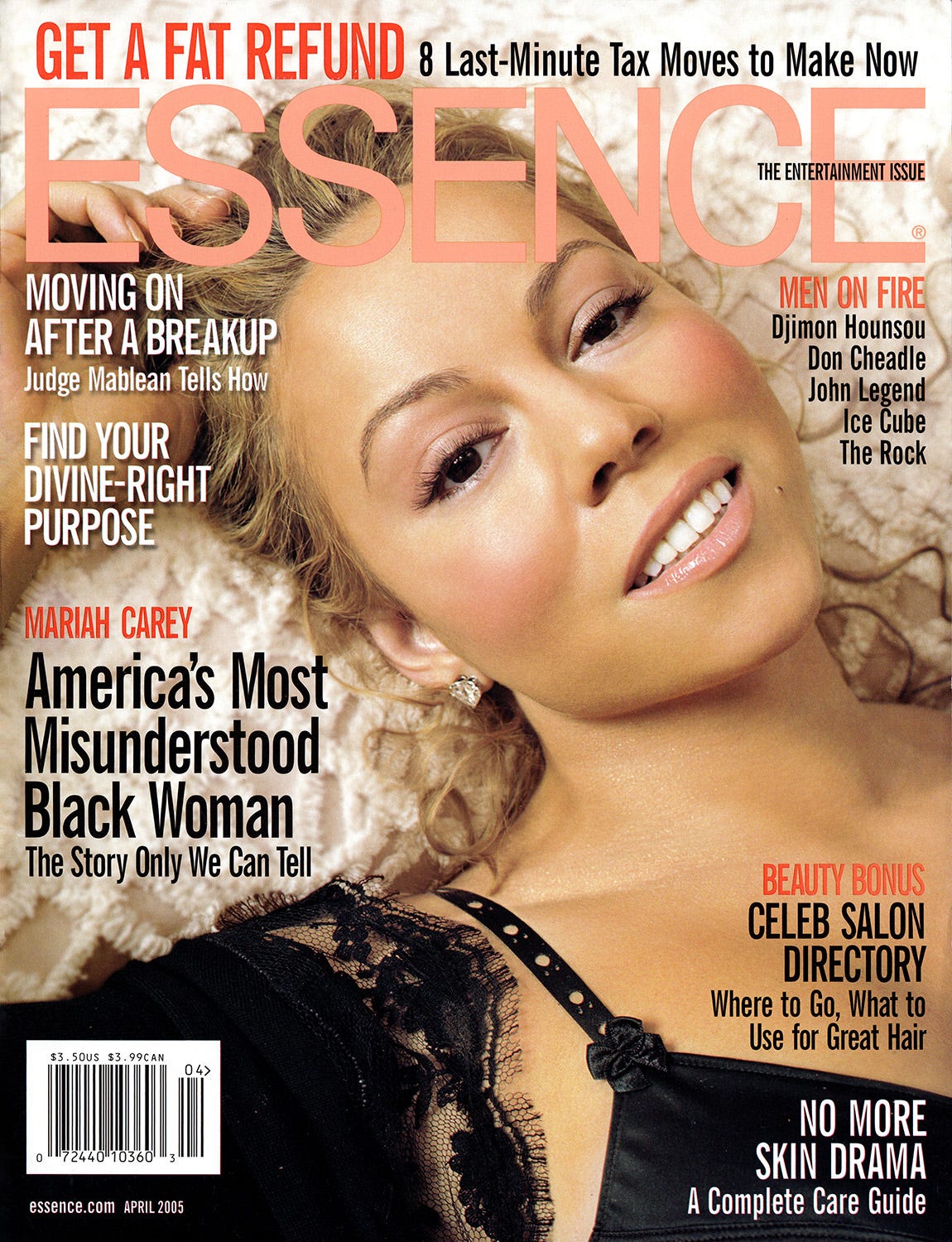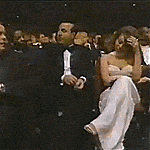Emancipated, and setting the records straight
After a long storm, Mariah Carey found her way and recovered her voice — and we're not even talking about them pipes
Released in 2005, “The Emancipation of Mimi” [Island/Def Jam] represented a pivotal moment in Mariah Carey’s career. Emerging after years of scrutiny following “Glitter” [2001; Virgin] and the poor commercial impact of “Charmbracelet” [2002; MonarC/Def Jam], the album had a clear purpose: to wash away all of the drama, sensationalism, and negativity from her career, and to emancipate herself from everything that was holding her back.
With regained confidence, Mariah went on an extensive worldwide promotional tour. She covered most relevant magazines, had a busy TV schedule, and had her presence guaranteed in every single music award. The outcome? An era to remember, a multi-platinum album, and timeless hits, whose influence still resonates with new generations of singers and music aficionados.
Continuing with “The Emancipation of Mimi” celebratory articles series and reflecting on the album’s impact, we’re exploring three highlights from the Emancipation days in different medias. So, open up your favourite beverage and dress up your greatest gowns, beautiful gowns, to join us!
Essence Magazine
Mariah’s Blackness — or the denial of it — has always been controversial. This persistent tension, simmering beneath the surface of her career, needed to be addressed once and for all. She was preparing to release a Motown-inflected album, laced with contemporary Hip-hop and Gospel — everything she’d once been told to suppress in favour of corporate approval, and she finally had to have her say. “The Emancipation of Mimi” wasn’t just a title; it was a clear nod to Black liberation and spirituality, both so central to who Mariah is. What could be more fitting than gracing the cover of one of Black culture’s most significant magazines?
At first glance, the profile reads festive — triumphant even. Carey is framed as a survivor of a controlling marriage, a woman who reclaimed her voice and reshaped her image. But deeper within the lines lie sharp reminders of how race has always haunted her public and private life. Her childhood stories — colouring her father brown, watching a friend cry upon meeting him, being asked to “prove” her identity, all later retold in her memoir — speak to a country that resists racial ambiguity and runs away from the conversation. These aren’t anecdotal; they’re symptoms of a society obsessed with policing and segregating anyone who doesn’t fully represent their ideals of whiteness.
The article’s climax arrives with Mimi, portrayed as the pinnacle of her freedom. And in many ways, it was. It also marked Mariah’s giant embrace of Gospel, R&B, Soul, and Hip-hop — more than ever before, and not as a trend, but as a testament of lineage. These genres carry Black memory and resistance, and her return to them was more than creative — a quiet, powerful act of reclamation — an assertion of Black identity on her terms.
The Sound of Mimi: Embrace your past, but live for now
“The Emancipation of Mimi” draws deeply from the well of '70s and '80s Black music, especially R&B, Soul, and Hip-hop, to craft a sound that feels both nostalgic and revitalised. The influence of vintage soul is palpable in the album's vocal arrangements and instrumentation — warm bass lines, lush background harmonies, and live-sounding grooves harken back to a time when emotion was the driving force in music, when crooners sang their emotions. Tracks like “Mine Again” evoke the slow-burning ballads of the '70s, allowing Mariah to channel the vulnerability and vocal acrobatics of greats of yesteryear and always.
To a certain extent, Mimi is a love letter to a golden era of Black music — but it's not just mimicry. For instance, not only “It's Like That” interpolates a Chaka Khan mantra in “This Is My Night” [1984; Warner Bros.], but we can hear the resemblance of both albums — Mariah's and Chaka's “I Feel For You” [1984; Warner Bros] — among many other records from back in the day.
Mariah blends these retro influences with contemporary Hip-hop and R&B production, bridging generations. Collaborations with producers like Jermaine Dupri and James “Big Jim” Wright inject the album with modern beats while staying rooted in the rhythmic sensibilities of the past. Songs like “Circles” and “We Belong Together” embody the emotional storytelling of ‘80s R&B/soul (one can hear a little Patti LaBelle here and there) while using sleek 2000s production techniques, showing how timeless Black musical traditions continue to evolve.
Gramophones at last
Mariah Carey’s 2006 Grammys performance wasn’t just a vocal masterclass but a public reckoning. A decade earlier, at the 1996 Grammy Awards, Carey walked in with six nominations for her stone groove smash hit wonder “Daydream” [1995; Columbia] album and left with nothing (we’re not gonna name any names, but… REALLY????!!!????). It was widely seen as one of the biggest snubs in the award’s history, especially given the album’s critical and commercial success.
So when Carey took the stage to perform “We Belong Together” and “Fly Like a Bird,” fresh off the comeback of “The Emancipation of Mimi,” it was a moment. With a choir behind her, her vocals raw and high, she delivered a statement that was both musically transcendent and culturally defiant.
By the way, we published a longer, special text about it a few days ago, take a look at it now!
And this time, the Grammys had no choice but to acknowledge her: she took home three awards, including Best Female R&B Vocal Performance. And once again, she didn’t get the Album of the Year golden gramophone, “even though she had the number one album of the year,” as Barbara Walters said.
That loss wasn’t just about trophies; it reflected the industry’s complicated relationship with Carey, a mixed-race woman often packaged for Pop but rooted in Black musical traditions. The irony wasn’t lost on fans or critics — the same institution that overlooked her at her peak in the '90s now couldn’t help but stand clapping as she reclaimed her place. It wasn’t just redemption; it was an emancipation of all kinds.










Fly Like a Bird one of her all-time bests <3